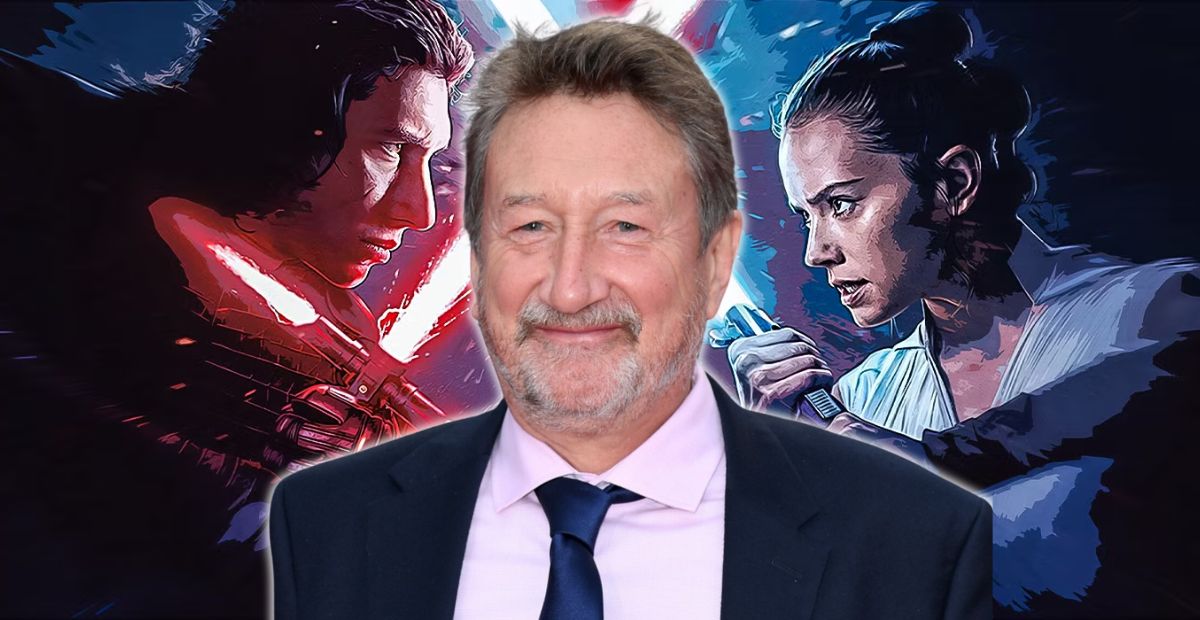If you’ve been following the updates on the Rey-centered Star Wars movie, you know it’s been a bit of a rollercoaster.
Steven Knight, the talented creator behind Peaky Blinders, has exited the project.
For those who are hoping to see Rey’s story continue post-The Rise of Skywalker, this is another surprising turn in the movie’s development.
A Bit of Backstory: How Steven Knight Got Involved
When it was announced that a new Star Wars movie would focus on Rey Skywalker rebuilding the Jedi Order, fans were immediately intrigued. Lucasfilm tapped Sharmeen Obaid-Chinoy, known for her work on impactful projects like Ms. Marvel, to direct the film. But when it came to the script, there were a few changes from the start.
Initially, Damon Lindelof, famous for Lost and The Leftovers, was set to co-write the script. Lindelof’s involvement got a lot of fans excited; he has a reputation for thoughtful, layered storytelling. But as is often the case in Hollywood, creative differences led to Lindelof’s departure. Lucasfilm then brought in Steven Knight to pick up the pen.
Knight’s dark, gritty storytelling in Peaky Blinders felt like a fresh perspective that could add depth to Rey’s journey in the new Jedi Order. But now, just a few months after he joined, Knight has also exited the project.
Why Did Knight Leave?
As of now, Lucasfilm hasn’t released an official reason for Knight’s departure. In Hollywood, these changes are usually due to either creative differences or scheduling conflicts, especially when a project as high-profile as Star Wars is involved.
Knight’s own vision might not have aligned perfectly with what Lucasfilm or director Obaid-Chinoy had in mind. Alternatively, his busy schedule—given his many other projects—might have played a role. Either way, this change has fans wondering what’s happening behind the scenes.
Why Do Star Wars Projects Face So Many Writer Changes?
If it feels like Star Wars projects have a bit of a revolving door for writers, you’re not wrong. The franchise has a history of script changes, rewrites, and writer swaps that even the most die-hard fans have come to expect.
Take Rogue One, for example. Tony Gilroy was brought in late in production to rewrite and reshoot significant parts of the film, giving it the gritty, realistic edge that fans ultimately loved.
Solo: A Star Wars Story faced an even bigger shake-up, with original directors Phil Lord and Christopher Miller leaving halfway through production due to “creative differences.” Ron Howard stepped in, reshooting large portions of the film to ensure it matched Lucasfilm’s vision.

